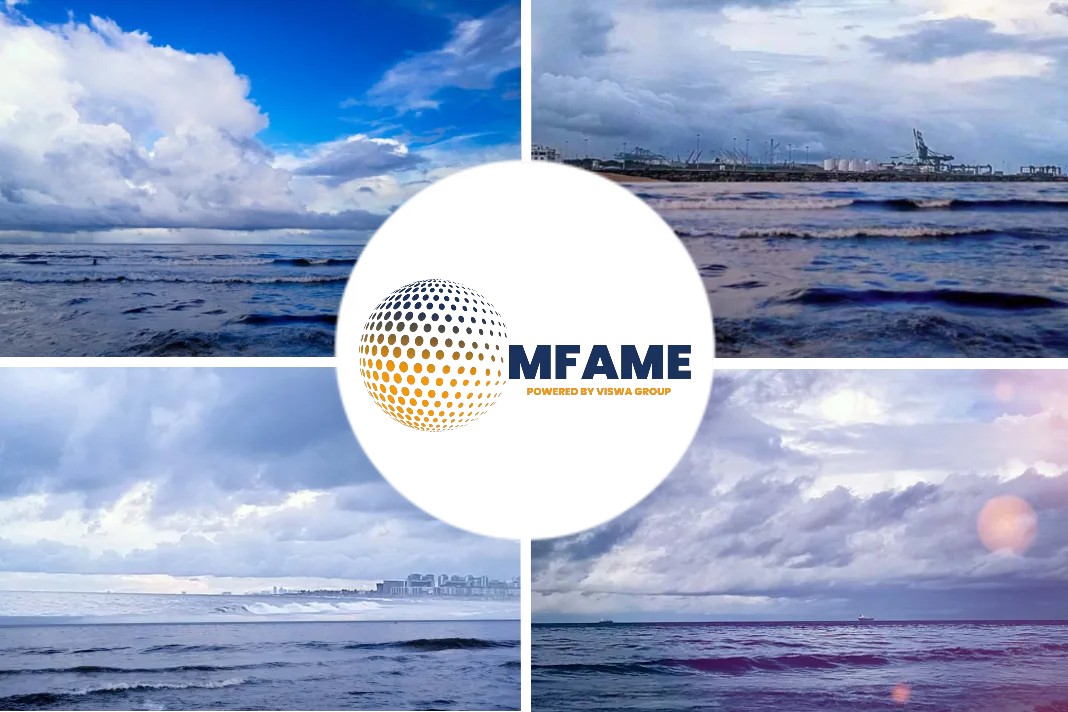- There is no silver bullet for decarbonising the shipping industry.
- It would be dangerous for governments to bet on simple solutions for one of the world’s most polluting sectors.
A recent news article published in the Financial Times states that Shipping industry needs to pull on every lever to go green.
Life of fossil fuels
Håkan Agnevall, chief executive of Finnish group Wartsila, told the Financial Times that fossil fuels would for some time remain in the industry, despite a push by liners such as Maersk to speed up the use of carbon-neutral fuels.
“The danger here is to try to find silver bullets and simple solutions that we try to prescribe to everyone,” said Agnevall. “We are going into an era where there will be multiple solutions. So it’s a complex future,” he added.
Given that the Finnish group is one of the largest makers of engines for the maritime industry — which accounts for about 3 per cent of global emissions — the analysis from Agnevall is likely to carry weight.
Shipping, which was not part of the 2015 Paris agreement on climate change, is viewed as one of the hardest sectors to decarbonise as most of the world’s container ships travel huge distances between ports, meaning that electric batteries are not a realistic solution. At the same time, vessels have a lifespan of about 20 years, so it can take a long time for new technology to be put into practice.
Instead, different shipping companies have pushed a variety of fuels from liquefied natural gas to hydrogen and methanol, preferably all produced using renewable energy.
Different approaches to compete
Agnevall said he was not concerned that the likes of Maersk and France’s MSC, which looks likely to overtake the Danish group as the world’s largest container shipping line soon, were taking different approaches.
“We are going to need to leverage every solution that we can. The danger is that post COP26 [climate summit in Glasgow] we go back and think: ‘OK, we’re on the right path’. We’re not. We need to accelerate,” he said, adding that different fuels were likely to be adopted in different parts of the world depending on availability.
Net zero goals by 2050
Maersk and MSC have both set goals of becoming net zero by 2050, and the Danish group has said it needs carbon-neutral vessels in operation by 2030 to reach it. But it ordered eight large ships this year, for delivery in 2024, capable of running on both fossil fuels and “green” methanol. MSC has yet to commit to a technology while France’s CMA CGM, number three in the industry, has several LNG-powered ships.
Agnevall said such dual-use engines would be increasingly important as the industry does not know which solution will prove most effective.
He underlined the difficulties in replacing the bunker fuel currently used, which is optimal because of its high energy density. LNG would require fuelling tanks about double the size of bunker fuel; ammonia, favoured by the Norwegian shipping industry, would need tanks four times’ larger; hydrogen, eight times; and electric batteries, 40 times. All these would require different designs for vessels to accommodate them.
As container shipping companies respond to record-high freight rates as a result of the surge in demand following the initial wave of Covid-19, Agnevall said they would do well to remember that the green shift for them is “less than one vessel lifetime away”.
He added: “What that means is that shipowners today looking to buy new vessels, already today need to think through their strategy. You need to invest in a technology that you can convert later on from fossil to carbon-free. This is critical not to be stuck with stranded assets.”
Much of the pressure to decarbonise shipping is coming from retailers and manufacturers such as Ikea, Amazon and Unilever who are demanding to use only zero-emission vessels by 2040.
Did you subscribe to our daily newsletter?
It’s Free! Click here to Subscribe!
Source: FT
















